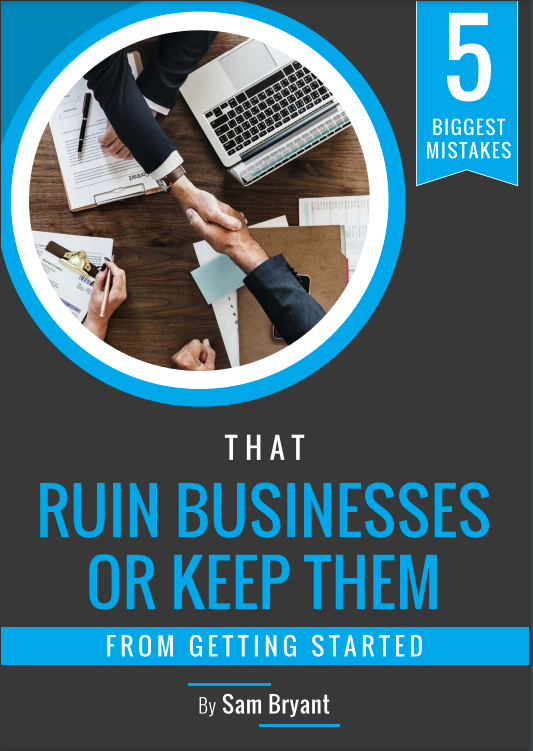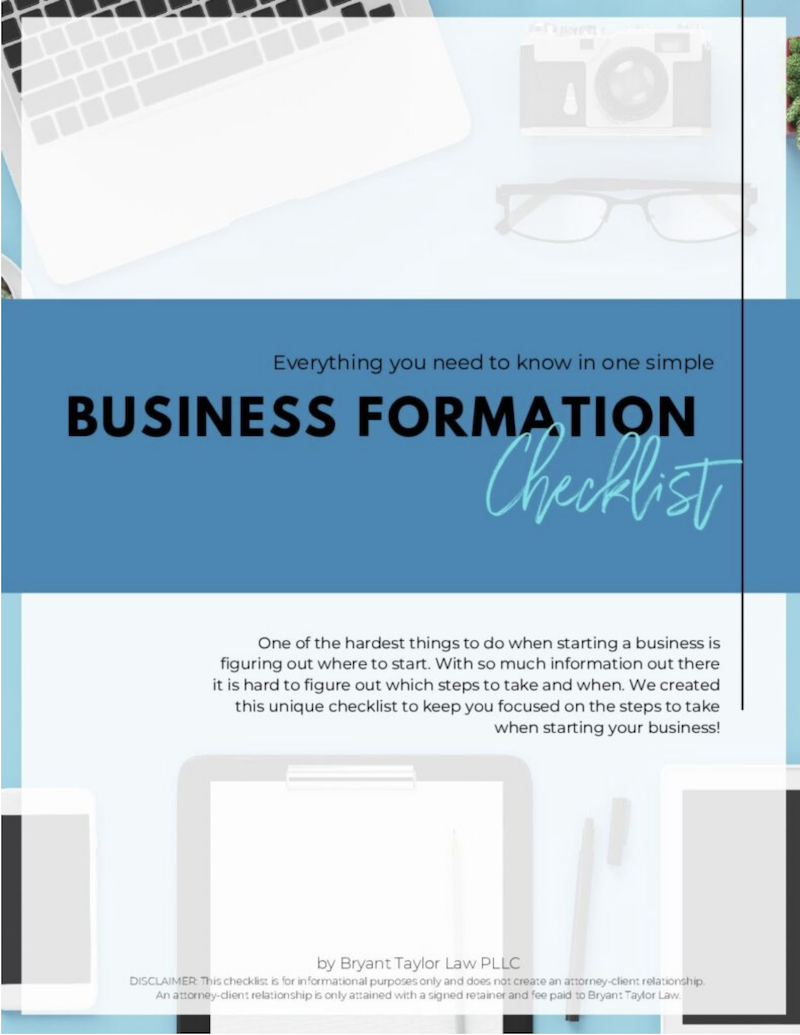 No longer reserved for C-suite employees and other key executives, non-compete agreements are increasingly used by many small and mid-sized businesses. A non-compete agreement is a type of restrictive covenant that limits certain employment and commerce opportunities for employees who sign them. Companies that use non-competes argue that they promote healthy and fair competition.
No longer reserved for C-suite employees and other key executives, non-compete agreements are increasingly used by many small and mid-sized businesses. A non-compete agreement is a type of restrictive covenant that limits certain employment and commerce opportunities for employees who sign them. Companies that use non-competes argue that they promote healthy and fair competition.
Many states are much less employer-friendly than Florida when it comes to non-compete agreements and other restrictive covenants. However, a properly crafted non-compete agreement must fit within a few restrictions in order to be enforceable. Florida law lays out three main requirements for enforceable non-compete agreements:
- The non-compete must be reasonable in the length of time, geographic area, and “line of business”
- The non-compete must be in writing
- The non-compete must protect one or more “legitimate business interests.” Florida law lists trade secrets, substantial relationships with clients, specialized training, customer goodwill, and certain intellectual property rights.
What Makes a Non-Compete Agreement Unenforceable?
Generally speaking, a non-compete that is overly broad will not survive judicial scrutiny if challenged by an ex-employee. In most cases, the acceptable length of time for a non-compete agreement in Florida is two years; therefore, any non-compete with a longer timeline will likely be unenforceable. In other cases, businesses attempt to enforce non-competes in geographic areas that don’t apply to applicable territories. For example, a company with just a few South Florida locations probably won’t be able to prevent an ex-employee from starting a similar enterprise in Jacksonville, much less in other states.
Another way a particular non-compete might be found unenforceable is the business activities it restricts. Generally, an ex-employee must be prohibited from doing the same type of work performed at his or her previous job and nothing more. A sous-chef, for instance, shouldn’t be completely barred from working in the food service industry for two years after her employment ends at a gourmet bistro.
One more way that non-competes could be found unenforceable is by not having it in writing. Most companies are careful not to flout this requirement. Many have employees sign non-competes as a condition of employment or within a severance agreement.
There are Ways Around Non-Compete Agreements
Even if the non-compete agreement you are under is otherwise enforceable, there might be ways for you to get around the restrictions. At its core, non-compete agreements are constraints on free trade and commerce. If you have a great business idea that you can’t wait to launch, Bryant Taylor Law can help you determine if any restrictive covenants can be overcome. We’ll have more on these strategies in next month’s blog, but we are always ready to speak with you about your entrepreneurial aspirations. Contact our firm today to set up a business strategy session.
ventus
Latest posts by ventus (see all)
- The Role of a Business Attorney in Estate Planning - October 13, 2022




